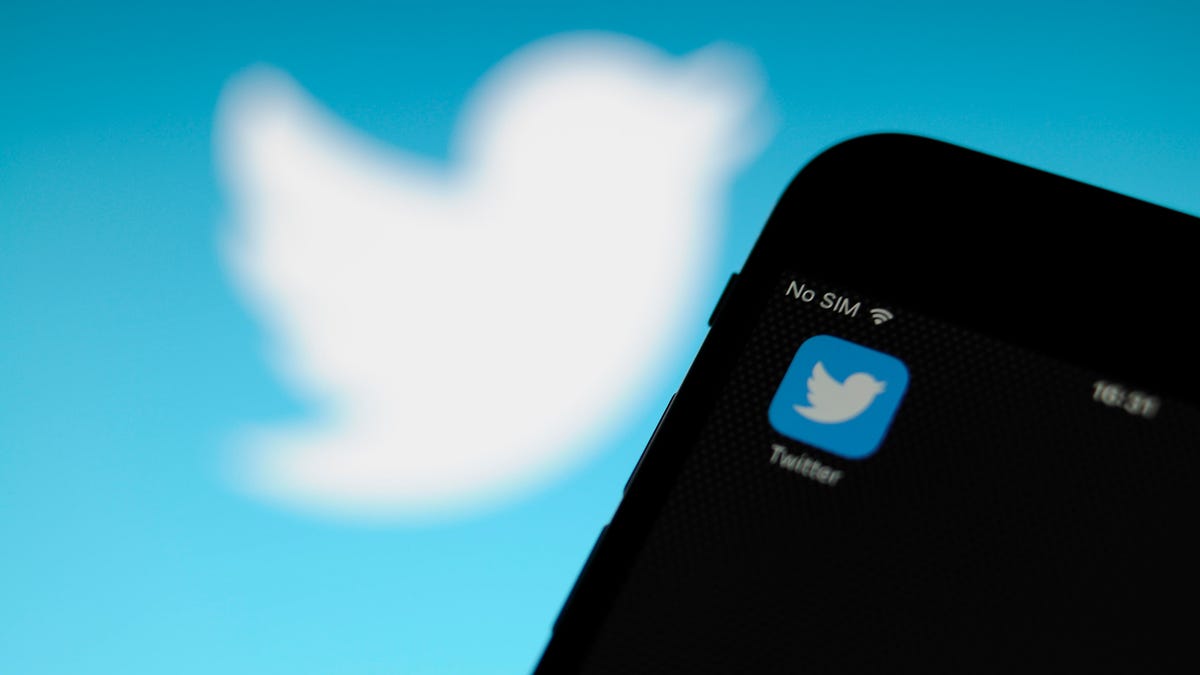Twitter echo chambers are very real, study says
A study of 2.7 billion tweets found that echo chambers do exist on Twitter, and you're more likely to be retweeted if you pick a side.

A study of over 2.7 billion tweets between 2009 and 2016 found that Twitter echo chambers are a very real thing when it comes to political affiliation.
The Aalto University study (PDF) found a strong correlation in the political leanings of content users both produced and consumed.
Researchers from Aalto University, University of Helsinki and Qatar Computing Research Institute created machine learning algorithms in an attempt to predict the partisan leanings of users on Twitter. The study claimed it could predict the political beliefs of users with 80 percent accuracy.
Interestingly, those who hold bi-partisan views and try and bridge gaps between different political echo chambers are retweeted less -- lending credence to the argument that social media rewards users who make more definitive, black and white statements.
"In other words, the content produced by bipartisan users receives less attention -- their tweets are re-posted less frequently by other users," explains professor Michael Mathioudakis from the University of Helsinki.
If you want those sweet, sweet online interactions, it pays to move toward one end of the political spectrum.
In an attempt to avoid having Twitter bots in the conversation, the study was careful to remove accounts less than 1-year-old from the discussion, and got rid of accounts with any suspicious bot-like behaviour.
Next step: Go a little bit deeper.
"In future work, we are going to look more closely into different user roles and try to understand who are the users that shape online debates and how," said Mathioudakis.
A worthwhile topic of study, when you consider the broad discussion of social media and its impact on democratic elections.
iHate: CNET looks at how intolerance is taking over the internet.
Logging Out: Welcome to the crossroads of online life and the afterlife.

